Dive into the heart of Royal Navy tradition with this captivating hardcover book, meticulously compiled by RN Commander John Irving, a distinguished figure from the early 20th century and father to the acclaimed historian David Irving. This book offers a unique window into naval life, uncovering the secret language – or “Navalese” – spoken among sailors of the Royal Navy up until the twilight of the British Empire post-1945.
Paired with the whimsical illustrations by Beryl Irving, David Irving’s mother serves as both a historical artefact and a lively read. The book brings to life the camaraderie, hardships, and distinctive humour that characterized naval life. Each term and expression is presented with clarity, often accompanied by amusing anecdotes that capture the essence of maritime culture.
First published in 1946 and republished in 2020 by Focal Point Publications, London, this edition allows readers to explore the nuances of naval slang that has evolved over centuries, offering insights into the language and Royal Navy life during a pivotal era.
Whether you’re a naval enthusiast, a linguistics aficionado, or simply curious about the unique lexicon of one of the world’s most renowned maritime forces, “Royal Navalese: A Glossary of Fo’csle Language” promises an enriching journey through the words and expressions that have shaped the identity of the Royal Navy.
Pages 175


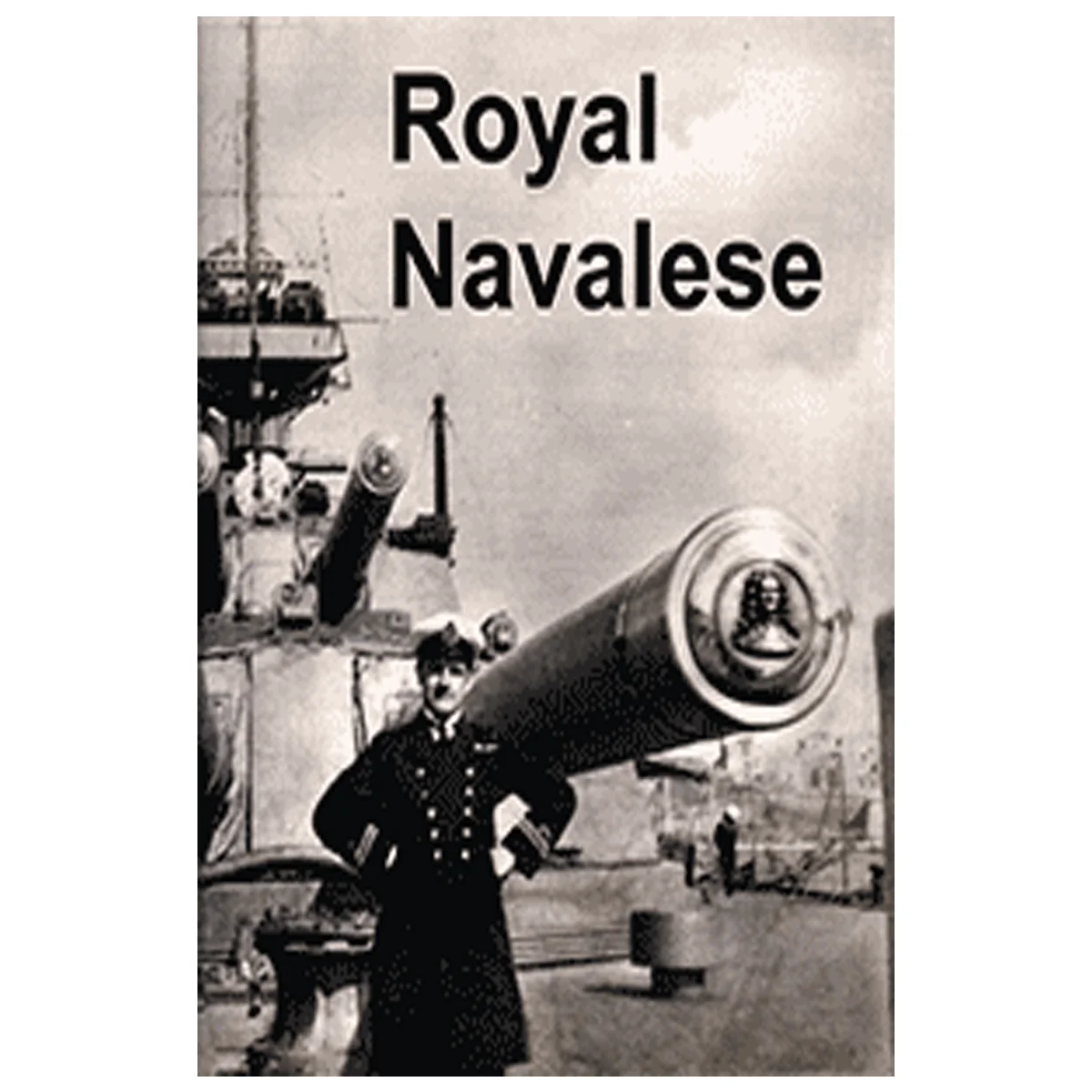
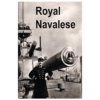
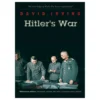
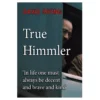

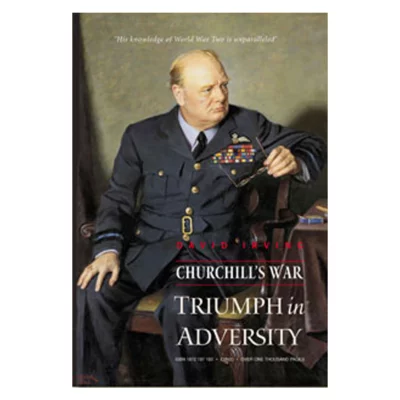
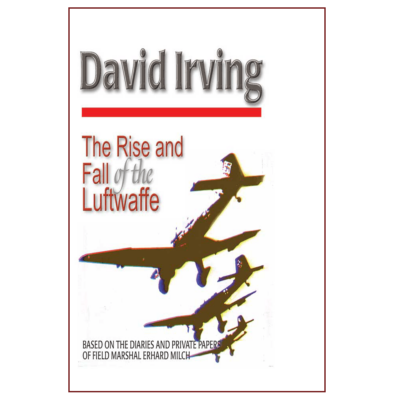
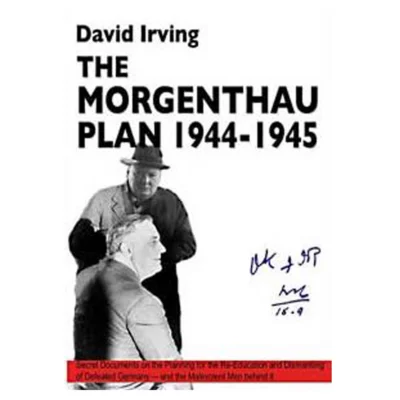

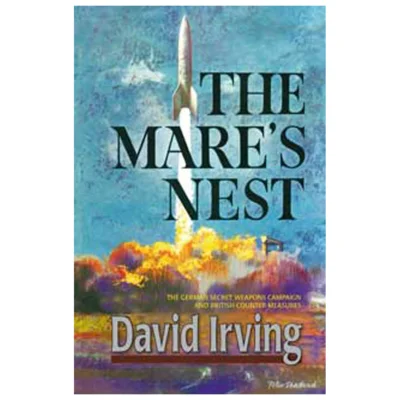

[email protected] –
Royal Navy Commander John Irving wrote this glossary of British “Navalese,” –the words and expressions of his service in order to create a souvenir for those who served, and as a way to perhaps entice those who “have yet the privilege of membership in our band of brothers.” Published in 1946, Irving captured the language of his thirty-one years (1914-1945) career of navy life and culture that makes a profession special in its own right. Not a glossary of formal military acronyms for correspondence and use in official documents (although there are some of those acronyms in this book), this is the long standing slang of naval sailor and in some cases the other services. Irving’s presentation of each entry is straight forward with no ostentation, and many of his definition even have a humorous feel to them. At least they did to me, perhaps because there is a fine line between refined British seriousness and humor, and how I imagined the author as being the archetype career officer and British gentleman. Reading though all of them can be done in about an hour, and it is fun to run through them. Having been a US Army soldier myself for 25 year, I was surprised to see a percentage of the words and phrases were common-place slang in my service as well. I realized that common denominator of the language then must be centuries old. I recommend this to anyone wanting to become familiar with the words and expressions of the Royal Navy and its culture. A great resource for civilians as well who might work for the service, and for historians who must educate themselves on what specialized terms mean, and how words are used in this culture. The copy I have is a 2020 printing from Focal Point, and is signed personally by the Commander’s son, David Irving, the renowned WWII historian. Focal Point puts out a high quality product. Sharp in every way.